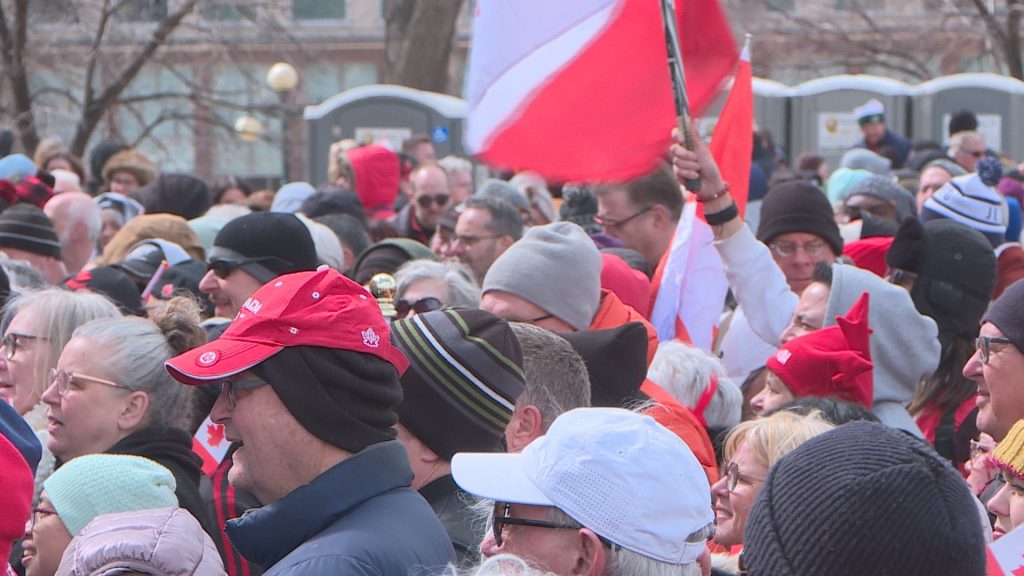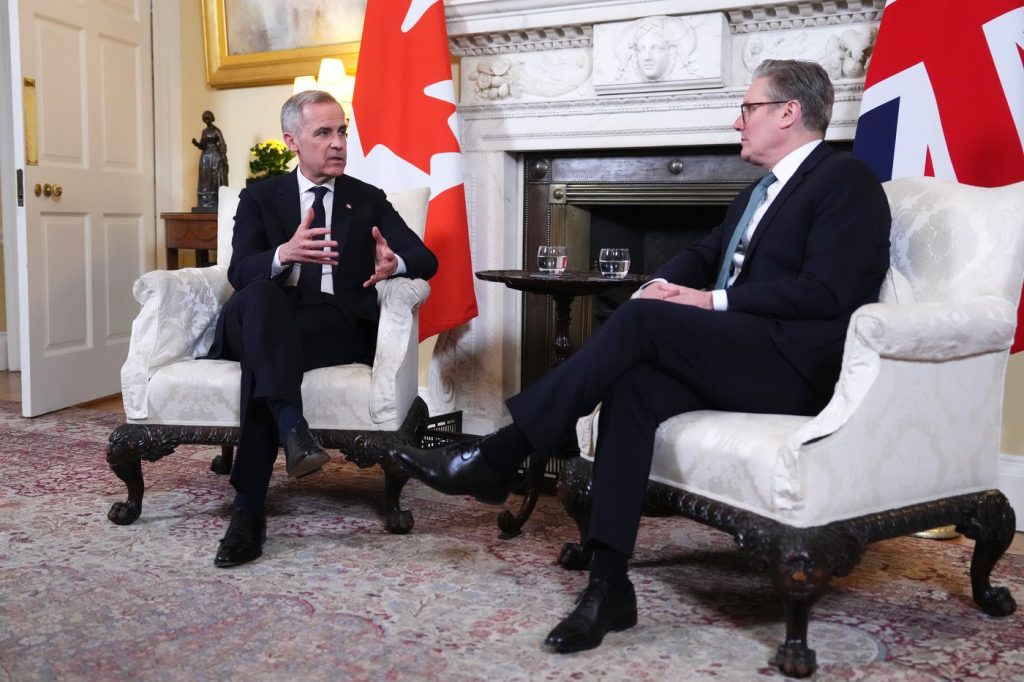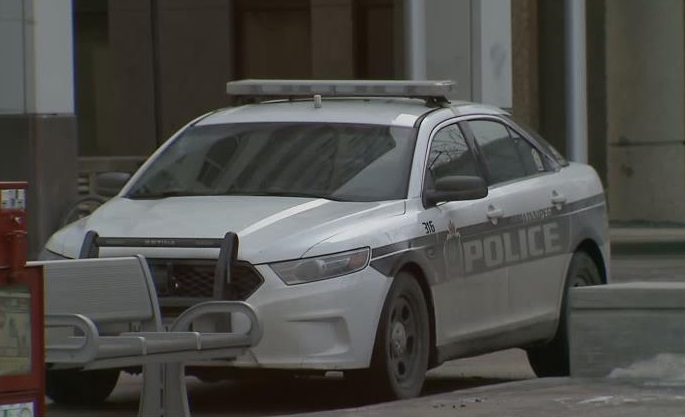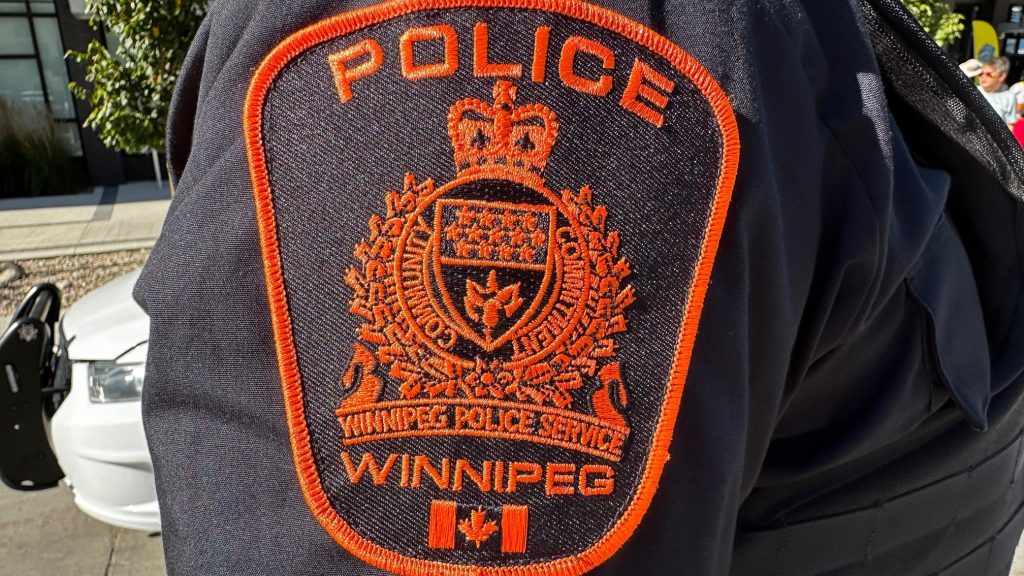Manitoba adding hundreds of social housing units in strategy to end homelessness

Posted February 28, 2023 11:07 am.
Last Updated February 28, 2023 6:31 pm.
Manitoba is launching a new all-government strategy for homelessness that will see hundreds of new social housing units built.
Families Minister Rochelle Squires says the change in approach is needed to end homelessness, rather than just manage it.
“This is the first whole-of-government homelessness strategy, to enhance our existing systems, and enable services providers to move from being primarily crisis orientated, to focusing on prevention,” said Squires.
She says the new strategy, called “A Place for Everyone,” focuses on strengthening existing services, helping people transition out of homelessness and increasing coordination within provincial departments and among all orders of government.
Squires says 400 housing units will be added to a rent supplement program and a capital contribution program will be started to support the development of 300 more.
New wrap-around services, including a 24/7 emergency shelter space in the winter months, are also included in the plan.
The government will also increase its maintenance budget for existing social-housing units that need repairs.
The Manitoba government is contributing $126 million for targeted initiatives.
Jason Whitford, the CEO of End Homelessness Winnipeg, says it’s important that Indigenous-led entities are addressing an issue that is largely impacting Indigenous pPople.
“It’s been a hard couple of years working in this sector and seeing the despair in our community,” said Whitford.
More support needed: advocate
John Pollard, the president of Home First Winnipeg Inc., says providing proper housing for those experiencing homelessness is important, but it’s not enough.
“Some of those people need some support to be successful in being a tenant in that place,” he said.
“We need some staff in some cases to support those people to be successful in their journey.”
RELATED:
- Sale of Winnipeg hotel has residents concerned about finding affordable housing
- Majority of affordable homes approved under federal program not yet constructed
- ‘Safety’s number 1:’ tiny home village for homeless opens in Winnipeg
Kirsten Bernas from the Right to Housing Coalition says Manitoba has lost 24,000 units that rent under $750 in the last 10 years, and there are over 4,000 people on a wait list for Manitoba housing. She says the need is far greater than what was acknowledged Tuesday.
“There was only the commitment for the one year, so what we really wanted to see was a long-term, multi-year commitment form our government around investing in social housing in our province,” said Bernas.
Others say more needs to be invested to address a root cause of homelessness: the drug crisis.
Addiction, mental-health challenges
“I would like to see those funding models changed,” said Marion Willis with St. Boniface Street Links in Winnipeg. “All three levels of government start funding based on the number of people housed with care plans, the number of people housed with recovery plans.”
Winnipeg Mayor Scott Gillingham says the housing-first approach has proven to be successful. Gillingham says homelessness is not just a major issue in Winnipeg, but in cities across Canada.
“No one chooses to be homeless,” said Winnipeg’s mayor. “It’s a result of circumstances, and quite often exacerbated by personal challenges like addiction, mental-health challenges, abusive living situations and poverty.”
Ottawa has set aside billions of dollars to build affordable housing across the country as part of the Rapid Housing Initiative.
Federal NDP Leader Jagmeet Singh wants to see all Canadians have access to adequate housing options.
“We need a real strategy that builds more housing, makes it more affordable, that responds to needs of all walks of life, to people that have no housing and to those who have a good salary but still can’t find good housing,” said Singh, who was in Winnipeg Tuesday.








